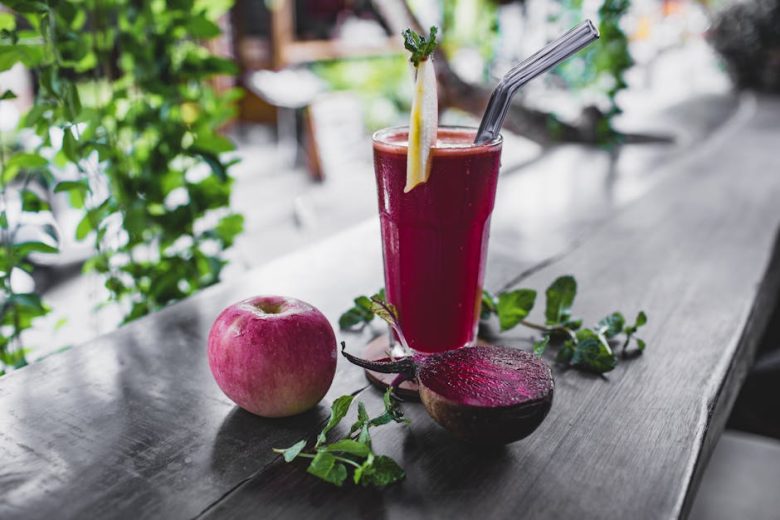In today’s fast-paced world, convenience is king. From food delivery apps to smart home devices, technology has made it easier than ever to access what we want, when we want it. This newfound ease has become a double-edged sword, offering immediate gratification while masking the hidden costs that come with it. As we indulge in the comforts of modern life, it’s essential to ask ourselves: what are we sacrificing in the process?
The allure of convenience often clouds our judgment, leading us to overlook significant consequences that are not immediately apparent. This article delves into the emotional landscape of our choices, exploring the excitement of instant satisfaction, the concern for our environment, and the hope for a more sustainable future. As we navigate this complex terrain, we must weigh the benefits of convenience against the long-term implications for ourselves and our planet.
One of the most striking aspects of convenience culture is its impact on our health. Fast food restaurants and processed meals are designed to save us time, but they often come at the expense of our well-being. The excitement of a quick meal can quickly turn into concern when we realize the long-term health risks associated with poor dietary choices. Obesity, heart disease, and diabetes are on the rise, and many attribute this trend to our reliance on fast, easy options. As we prioritize convenience over nutrition, we must consider whether the fleeting joy of a quick meal is worth the potential harm to our bodies.
Moreover, the environmental toll of our convenience-driven lifestyles cannot be ignored. Single-use plastics, food waste, and carbon emissions from delivery services contribute significantly to ecological degradation. While the convenience of ordering online or grabbing a quick bite may evoke feelings of satisfaction, the underlying reality is one of growing concern. Our planet is suffering, and as we indulge in these instant gratifications, we risk compromising the health of future generations. The excitement of modern conveniences should be tempered with a sense of responsibility toward our environment.
Yet, amidst these challenges, there is hope. Many individuals and organizations are rising to the occasion, advocating for sustainable practices that align with our desire for convenience. Innovations in eco-friendly packaging, plant-based diets, and local sourcing are gaining traction, offering alternatives that satisfy our cravings while respecting the planet. This movement toward sustainability demonstrates that we do not have to sacrifice convenience for the greater good. Instead, we can embrace solutions that allow us to enjoy the best of both worlds.
As we reflect on the hidden costs of convenience, it’s crucial to remain vigilant and intentional about our choices. While the excitement of immediate gratification can be tempting, we must consider the long-term implications for our health and the environment. By prioritizing sustainable practices and making conscious decisions, we can pave the way for a future that balances our desire for convenience with a commitment to our planet and ourselves.
In conclusion, the convenience of modern life is a powerful force that shapes our daily choices. However, it is essential to remain aware of the hidden costs that come with it. By acknowledging the emotional complexities of our decisions and embracing sustainable alternatives, we can turn concern into action and excitement into hope. The future is ours to shape, and with mindful choices, we can create a world where convenience and sustainability coexist harmoniously.



